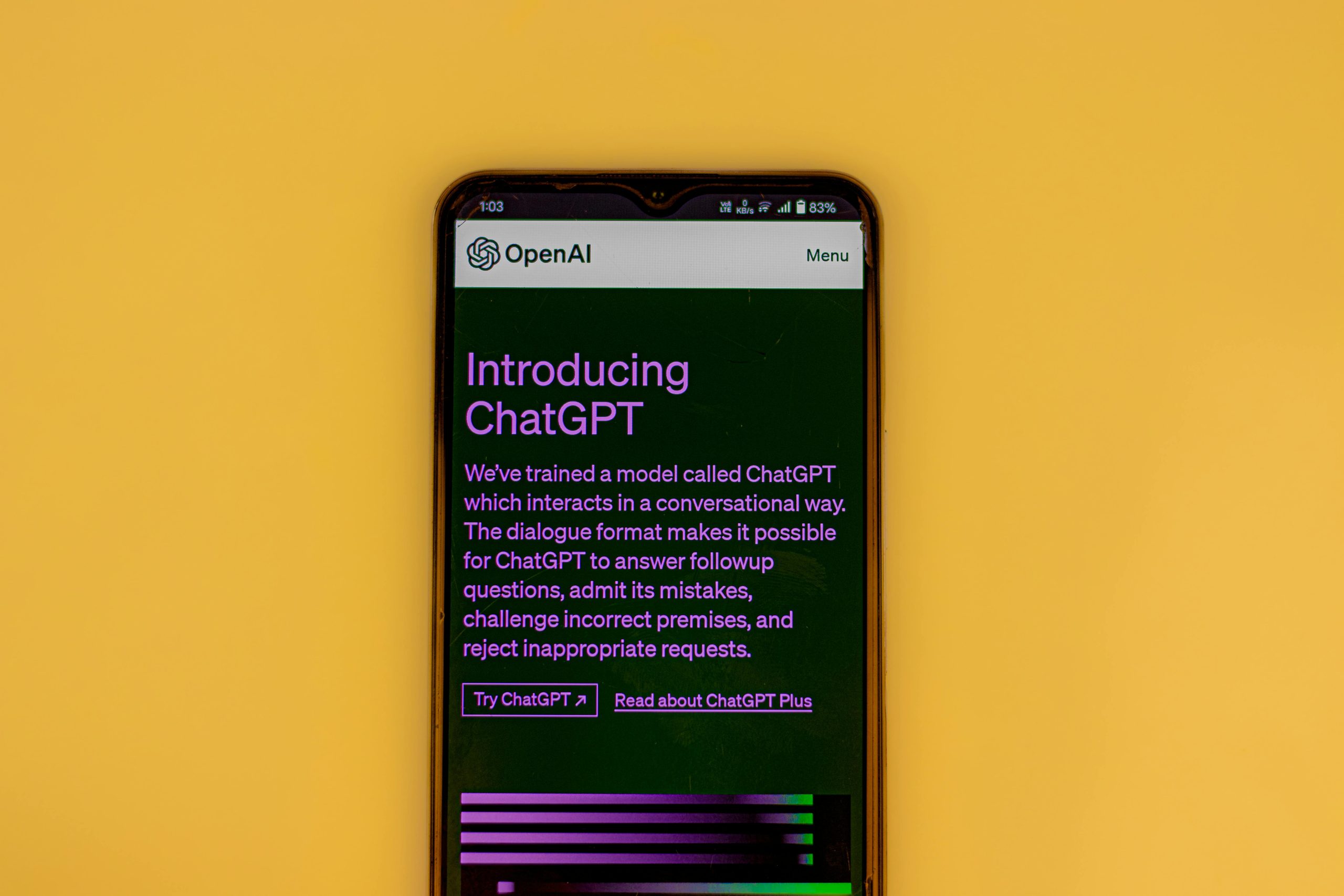What is up with its inability to analyze a document and provide any form of an accurate assessment?
Understanding the Limitations of AI in Document Analysis and Assessment
In recent discussions within the AI and content creation communities, many users have expressed frustration with the current capabilities of AI language models, particularly regarding their performance in analyzing and accurately assessing complex documents such as manuscripts or detailed texts.
A common scenario involves providing an AI model with a manuscript or lengthy document and requesting an analysis or summary. While these models often demonstrate an ability to retain certain details—such as character names or locations—they frequently generate responses that are inconsistent or contain fabricated elements. For instance, instead of accurately reflecting the content, the AI might produce entirely fictional storylines or alter relationships within the narrative, giving the impression that it has examined the document in depth, when in fact it has not.
Repeated interactions to clarify or correct the AI’s responses often yield incremental improvements. Eventually, the AI may offer a reasonable summary of the document’s contents. However, if a user then inquires about specific chapters or details, the AI may respond by denying the existence of certain sections, indicating a fundamental inconsistency or misunderstanding.
This pattern highlights a critical limitation: AI language models are fundamentally text generators rather than true analyzers of external data. Their capacity to “understand” or “assess” documents is constrained by their training data and architecture, which do not include genuine comprehension or memory of external files beyond the immediate input context. As a result, when tasked with evaluating or summarizing complex texts, the AI often defaults to generating plausible-sounding but ultimately inaccurate or fabricated information.
Given these constraints, it is essential to recognize that while AI language models excel at generating human-like text and assisting with creative or conversational tasks, their utility in precise document analysis remains limited. For tasks requiring accurate assessment or detailed understanding—such as manuscript review, legal document analysis, or technical assessments—complementary tools or expert human judgment are currently indispensable.
In summary, the current state of AI technology does not reliably support detailed, accurate analysis of complex documents. Expectations should be adjusted accordingly, and users should be cautious in interpreting AI-generated summaries or assessments, especially when accuracy is paramount. Continued advancements in AI research may improve these capabilities, but for now, human oversight remains crucial in tasks demanding precision and deep understanding.














Post Comment